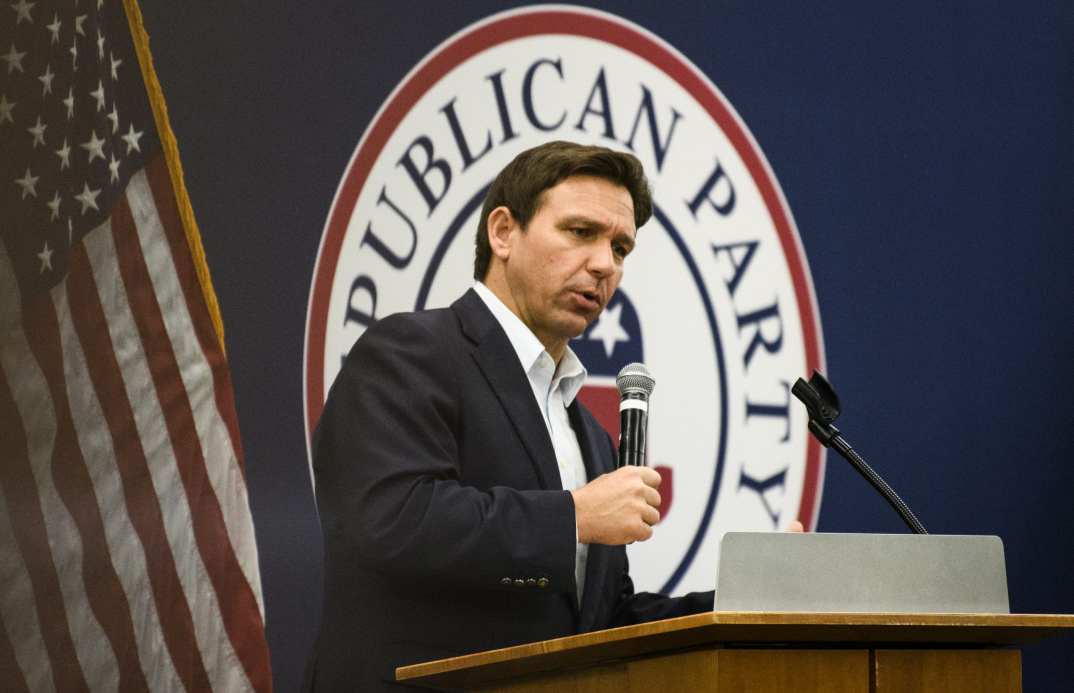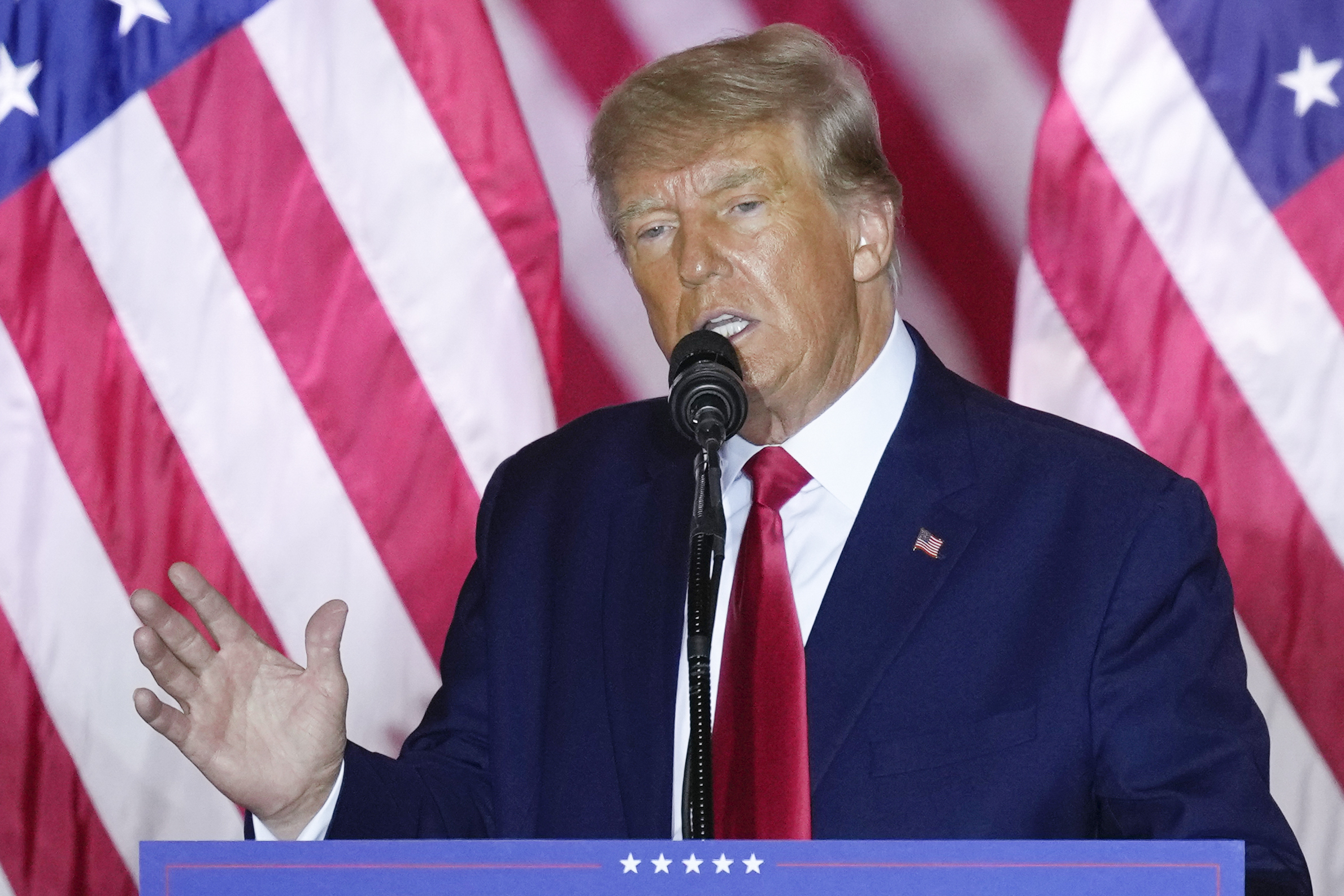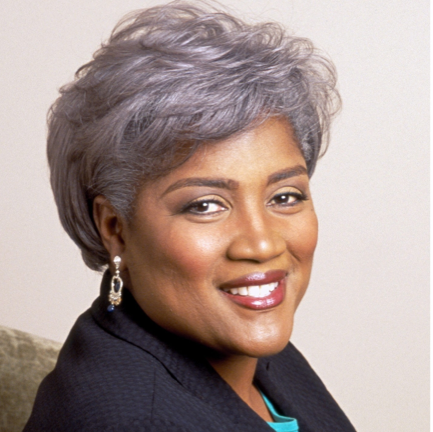Diversity, equity and inclusion programs are under unjustified attack. America needs them.
OPINION: Straight white men don’t have a monopoly on brainpower and talent. It makes sense for America to take advantage of the brainpower and talents of the rest of us.

Editor’s note: The following article is an op-ed, and the views expressed are the author’s own. Read more opinions on theGrio.
Republicans in Congress, state governments and on the presidential campaign trail are denouncing and demonizing efforts to promote DEI (diversity, equity and inclusion) in workplaces, schools and other institutions as a major threat to American society.
Hyperbolic GOP attacks on DEI make it sound like some sinister plot to destroy the ideal of meritocracy and give people of color, women, LGBTQ Americans, people with disabilities and other historically marginalized groups unfair advantages at the expense of straight white men.
This anti-DEI hysteria is nonsense. It reminds me of the children’s story of Chicken Little, who ran around screaming, “The sky is falling,” when an acorn landed on her head.
DEI won’t make the sky fall, end Western civilization, or cause any other harm. In fact, by any objective measure, it benefits institutions that embrace it, as well as our country.
Straight white men don’t have a monopoly on brainpower and talent. It makes sense for America to take advantage of the brainpower and talents of the rest of us. After all, no one is asking white men to leave the room — just scoot over and help to make room for others.
It also makes sense for everyone to learn exactly what the component parts of diversity, equity, and inclusion actually are and how they benefit everyone in society. The benefits of diversity are well-attested.
Multiple studies show that students of all backgrounds benefit from diversity in schools from kindergarten through graduate school. For example, the American University School of Education reviewed several such studies and reported that diversity enables students to improve their cognitive and critical thinking skills, increase their creativity, and become better prepared for adulthood and citizenship in our diverse society.
Multiple studies also show that companies benefit — earning bigger profits, being more innovative, and reducing employee turnover — when they adopt policies to promote diversity, equity and inclusion.

A study by the Boston Consulting Group found that diverse workforces are 19% more productive. A study by McKinsey & Company concluded that gender and ethnic diversity combined boost a company’s financial performance above the national industry median by an average of 25%.
Equity offers benefits just as rich based on a very simple premise. It simply requires that everyone be treated fairly and be given the chance to succeed. It sometimes prompts reimagining qualifications for college admissions and jobs, along with investments in training, mentoring and networking for marginalized groups.
For example, selective colleges should understand that low-income students (who are disproportionately Black) often go to high schools that don’t offer many advanced placement courses. Such students often can’t participate in extracurricular activities because they have to hold after-school jobs. Their families can’t afford tutors, test preparation services and expensive academic enrichment programs. Instead of being penalized for their low-income status, these students should be recognized for succeeding despite the challenges they face.
Finally, inclusion is just a way of saying everyone should feel welcome and valued at school and on the job — the way we all want to be treated. This can be expressed by making a gay employee feel comfortable bringing a same-sex partner to a company holiday party or paying for a female employee to travel out-of-state for abortion care outlawed in her home state.
Nothing about DEI should be controversial or political. DEI is just common sense and extends common courtesy to all our fellow Americans. Its methods and goals are as American as “liberty and justice for all.”
Nevertheless, in September 2020 then-President Donald Trump issued an executive order banning the federal government and contractors, subcontractors and grant recipients from getting government funds from providing a wide range of diversity training for employees on racial and gender bias. Trump falsely said such training was “racist” and was “teaching people that our country was a horrible place.”

President Joe Biden revoked the Trump order on his first day in office on Jan. 20, 2021. But should Trump become president again, look for him to renew his anti-DEI efforts.
Eager to show he is just as opposed as Trump to DEI, Florida Gov. Ron DeSantis — Trump’s leading challenger for the 2024 Republican presidential nomination — signed a bill into law in May banning public colleges in his state from spending money on DEI programs. He attacked DEI as “woke” and said “DEI is better viewed as standing for discrimination, exclusion and indoctrination.”
Texas Republican Gov. Greg Abbott signed a bill into law in June banning DEI in state colleges and universities. In addition to Texas and Florida, Republican state legislators in 20 other states have proposed legislation to restrict or eliminate DEI programs.
Fortunately, many corporations in America and around the world are continuing to embrace DEI policies because they recognize that DEI is good business, helping them attract and retain top-notch employees and increase earnings.
A report published by Global Industry Analysts found that corporations around the world spent an estimated $7.5 billion on DEI programs in 2020, including $3.4 billion in the U.S.
In addition, colleges and universities are scrambling to find ways to continue DEI policies in the wake of the June decision by the Supreme Court that outlawed race-based affirmative action. Many are looking to promote income diversity as a way of preventing big drops in their enrollment of Black and Hispanic students.
DEI is a success story. However, many companies looking to cut short-term costs have recently scaled back their DEI programs and laid off the professionals who run the programs, especially in the hard-hit tech sector, as ABC News reported in July. This will hurt companies in the long run.
We need more DEI in workplaces and in education, not less. We should all work to counter Republican efforts to further weaken valuable DEI programs and to encourage corporations that expand their DEI efforts. Make sure your elected representatives know how you feel about the importance of DEI. And come election time, vote accordingly.

Donna Brazile is a veteran political strategist, Senior Advisor at Purple Strategies, New York Times bestselling author, Chair of the J. William Fulbright Foreign Scholarship Board, and sought-after Emmy- and Peabody-award-winning media contributor to such outlets as ABC News, USA Today and TheGrio. She previously served as interim Chair of the Democratic National Committee and of the DNC’s Voting Rights Institute. Donna was the first Black American to serve as the manager of a major-party presidential campaign, running the campaign of Vice President Al Gore in 2000. She serves as an adjunct professor in the Women and Gender Studies Department at Georgetown University and served as the King Endowed Chair in Public Policy at Howard University and as a fellow at the Institute of Politics at Harvard Kennedy School. She has lectured at nearly 250 colleges and universities on diversity, equity and inclusion; women in leadership; and restoring civility in American politics.
TheGrio is FREE on your TV via Apple TV, Amazon Fire, Roku, and Android TV. Please download theGrio mobile apps today!


